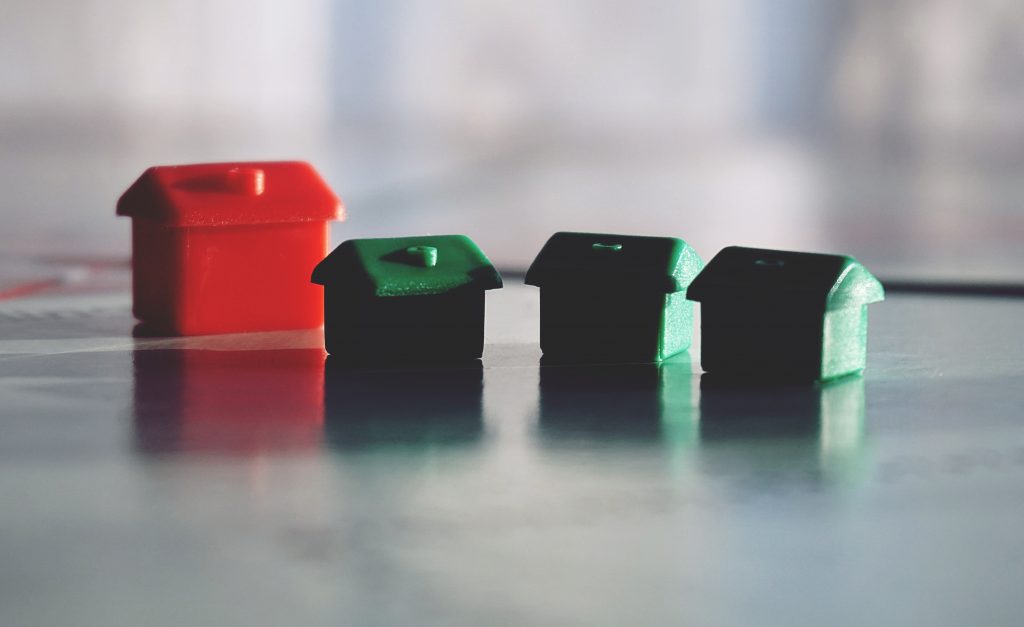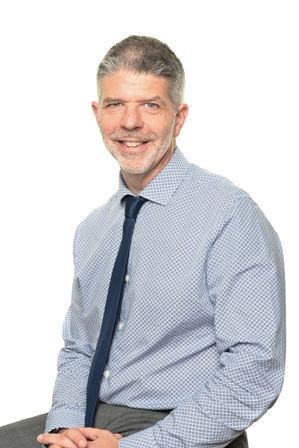
For you or your loved ones, getting a mortgage may seem a little bit like climbing Everest. The summit is incredibly far away and it’s going to be a long journey that requires a lot of commitment. That’s because the process of buying a home doesn’t start by selecting a property that’s within your budget – it can take months, even years of preparation to get fully mortgage-ready
There are a number of things you can do in advance to prepare for a mortgage application that will make the whole process a lot easier and smoother for you. These include but are not limited to:
Saving for a deposit
This might sound like a simple and obvious piece of advice but it is still incredibly important. The more you’re able to save for a deposit, the less you will need to borrow from the lender, which means that you’re taking on less debt.
This means that you will have a smaller loan-to-value which will generally allow you access to lower mortgage rates and you will be paying less interest across the mortgage term. Ultimately having a larger deposit can save you money in the long run and your adviser will be able to help you secure the deal that’s right for you, dependant on the size of your deposit.
Register to vote
Registering to vote, if you’re not already on the electoral register, is the easiest thing you can do to get yourself mortgage-ready. Without being registered it’s almost impossible to get a mortgage as the majority of lenders use the electoral roll data for identity checks – for this reason, it’s also important that you make sure your address history is up to date and that your forms of identification are accurate.
Build up your credit score and review your credit history
Check your borrowing history in advance. This will allow you to dispute any inaccuracies so that lenders will receive the correct information on your ability to repay your debts.
Your credit score, on the other hand, will give an indication of how creditworthy lenders may find you. If your score is low, you may want to see if there are any credit habits that you need to improve on before making a mortgage application. It’s important to note, though, that scoring bands can vary among different credit reference agencies which is why seeking professional advice is important.
Clear your debt or reduce your debt-to-income ratio
Your debt-to-income ratio is the proportion of debt that you have in relation to the money you earn – the higher this number, the more debt you have. Lenders typically prefer applicants with a lower ratio as it means you’re more likely to have the funds to make your monthly mortgages repayments. If you’re in a position to be able to clear your debts completely this will make you more attractive to potential lenders.
Saving for other fees
Whilst saving for a deposit is somewhat obvious, there are also a number of other fees and costs that you realistically need to be saving for before applying for a mortgage. There are conveyancing fees, paid to your solicitor to cover all of the legal work associated with buying a home, and moving costs that, among other things, need to be considered.
While this is only an overview of just some of the things you can do to get yourself mortgage-ready your mortgage adviser will be able to give you more detail on how to fully prepare yourself.

If you’d like some more advice on how to become mortgage-ready and discuss the options available to you, please contact Martin Crump at Temple Wealth Management Ltd on 01305 213150 or martin.crump@templemortage.co.uk
Your home maybe repossessed if you do not keep up repayments on your mortgage.
